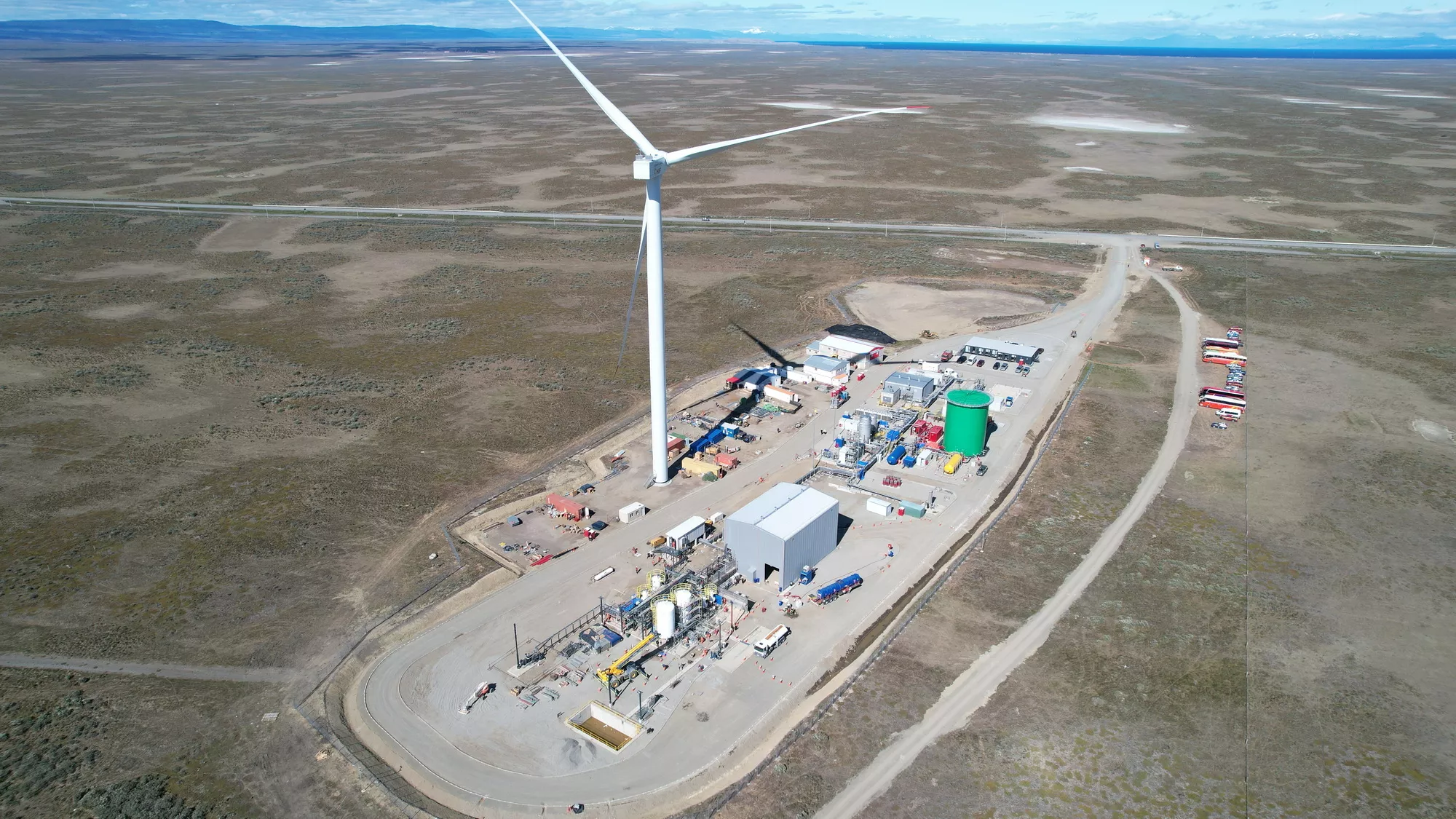
German study: ‘e-fuel could cost €1 per liter in the long run’

HIF Global will start construction of a second e-fuel plant in Texas, with the capacity to decarbonize 400 000 cars /HIF Global
According to German Potsdam Institute for Climate Impact Research, electric fuels have the potential to reach cost parity with actual oil-ba


Comments
Ready to join the conversation?
You must be an active subscriber to leave a comment.
Subscribe Today